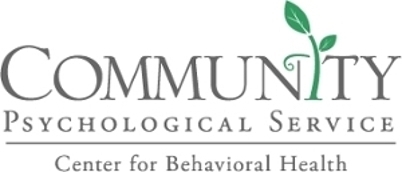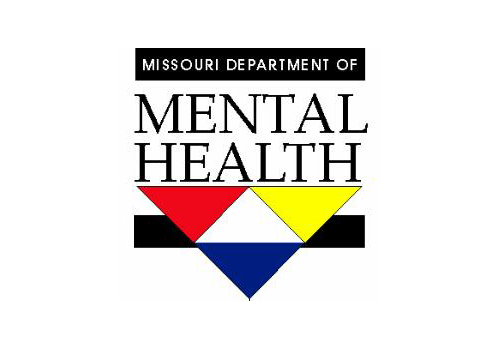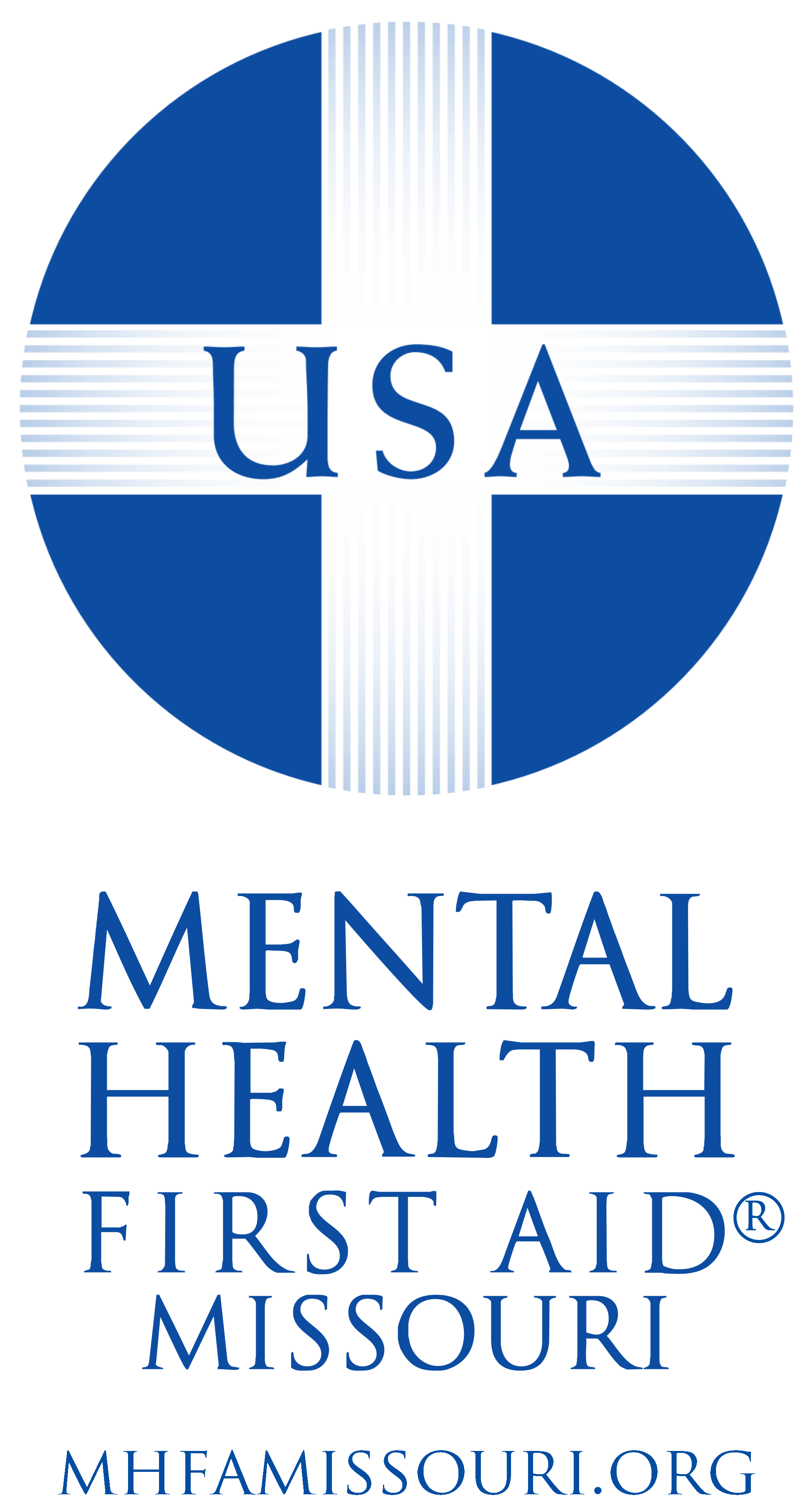Carpenter, Regi
Regi Carpenter utilizes storytelling, reflective writing and deep listening techniques in workshops designed to teach caregivers how narrative therapy can deepen their practice and help clients build resilience, resourcefulness, self-care and better coping strategies. For over twenty years, Regi Carpenter has been utilizing the power of stories to motivate, inspire, energize and focus individuals in corporate, academic and non-profit settings. Her keynotes and workshops uplift people as they are reminded of the tremendous impact each individual has within an organization. Regi’s keynotes are noted for their insight, humor and effectiveness. Her stories have been featured on Sirius Radio, Apple Seed Radio, The Moth, and NPR. Her story Snap! is a winner of the Boston StorySlam. Snap! is the true tale of her severe mental illness as a teenager and her journey back to reality. Her memoir, “Where There’s Smoke, There’s Dinner: stories of a seared childhood” is “an unexpected gift that leaves us longing for more.” Booklist Review. Regi is also the founder of Stories with Spirit, a creative initiative dedicated to bringing songs of joy and stories of hope to children and the people who love and care for them in homes, hospices, and hospitals.
Presentation(s)
The Path of Recovery: One Story at a Time
Storytelling as a Therapeutic Tool in Childhood, Adult and Family Bereavement







